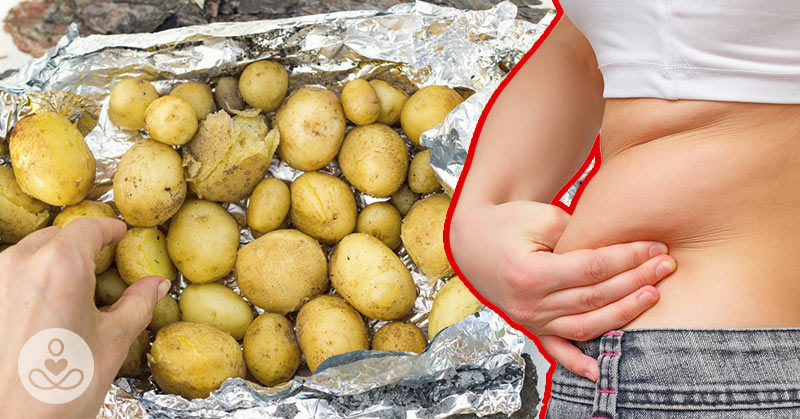Should We Avoid ‘Beige’ Carbs?
Carbohydrates have previously gotten a bad reputation for spiking blood sugar, causing weight gain, and even contributing to diseases such as cancer [1]. As such, low-carb diets have been around for a while, including the ketogenic diet, which dates back to the 1920s, and the Atkins diet, which dates back to the 1960s [2].
While some of these diets are therapeutic and have the potential to improve your health or help you lose weight [3], some experts speculate that what’s really important about these diets might not just be about carbs, but about the types of carbs that you eat.
According to Dr. Xand van Tulleken and Dr. Faisal Maassarani, avoiding all carbs isn’t beneficial—just avoiding the “beige” ones. That’s right, just carbs that are essentially white, tan, and brown in color.
When it comes to carbs, all carbs are not created equal according to these professionals. Here’s what they have to say as well as what critics are saying about this diet and what it could mean for you!
The Doctors Behind This Theory
Dr. Xand van Tulleken hosts a BBC series called “The Truth About…”. A particular episode titled “The Truth About Carbs” aired on June 6 of this year and he featured the work of Dr. Faisal Maassarani, a general practitioner from Kirby, England.
Dr. Maassarani did a small study with seven individuals who struggled with obesity and subsequent health complications including type II diabetes and elevated cholesterol and blood pressure. In the “experiment”, the participants reduced their carbohydrate intake in the form of sugars and starches for two weeks.
The results were surprising (or, maybe not surprising depending on your expectations): patients felt less hungry, their blood sugar was “dramatically” improved, and six out of the seven patients had lost a minimum of seven pounds [4].
What Could This Mean for Your Diet?
Since there are different types of carbohydrates—broken down into major categories of simple and complex, then again into sugar, starch, and fiber—it’s important to distinguish between them.
Carbohydrates are broken down as glucose and if you eat too many carbs, the excess glucose is stored as fat in the body. However, if you eat dietary fiber, which is found in veggies and fruits, it helps to keep you full. Resistant starches—including beans and unprocessed grains—help keep your digestive tract healthy and moving.
Obviously, avoiding beige carbs doesn’t mean we should avoid all carbs, just limiting sugars and starches according to Dr. Xand van Tulleken and Dr. Faisal Maassarani. To achieve this, the doctors explain to avoid beige and white carbs and to instead eat green carbs.
For example, beige carbs will include:
- Rice
- Pasta
- Bread
- White potatoes
- Sugar
- Flour
- Breakfast cereals
- Processed foods such as cakes and biscuits [5]
And green carbs (including some white ones!) will include:
- Cauliflower
- Bananas
- Asparagus
- Sweet Potatoes
- Apples
- Bell Peppers
- Pears
- Broccoli
- Carrots
- Spinach
- Avocadoes
- Squash
The above list for green carbs will be much more extensive than what I’ve listed here; these are just some examples!
Criticism and Conclusion
Just as with any diet, there are criticisms of these claims that avoiding beige carbs will help improve health. Some registered dietitians believe that these doctors are simplifying a complex issue. Avoiding these beige carbs won’t provide the same benefits for everyone, they argue, as nutrition is complex and everyone’s body is different [6].
As for me, I’m inclined to think that moderation is key. Most people know that we should be eating more vegetables than we should grains, and for people like me who have a gluten intolerance, sometimes eating certain types of grains isn’t even possible.
Sticking to whole foods, mostly vegetables, can provide many benefits—while still enjoying rice, pasta, and the occasional cupcake without total restriction!
Sources
- “Weight loss.” Mayo Clinic
- “Long-term effects of a ketogenic diet in obese patients.” NCBI. Hussein M Dashti, MD PhD FICS FACS, et al. 2004.
- “Why beige carbs are the ones to avoid – Dr Xand van Tulleken.” BBC. June 6, 2018.
- “The Truth About Carbs: Nutritionists denounce doctor’s claim that ‘beige carbs are bad for us’.” I News. Josh Barrie. July 3, 2018.

